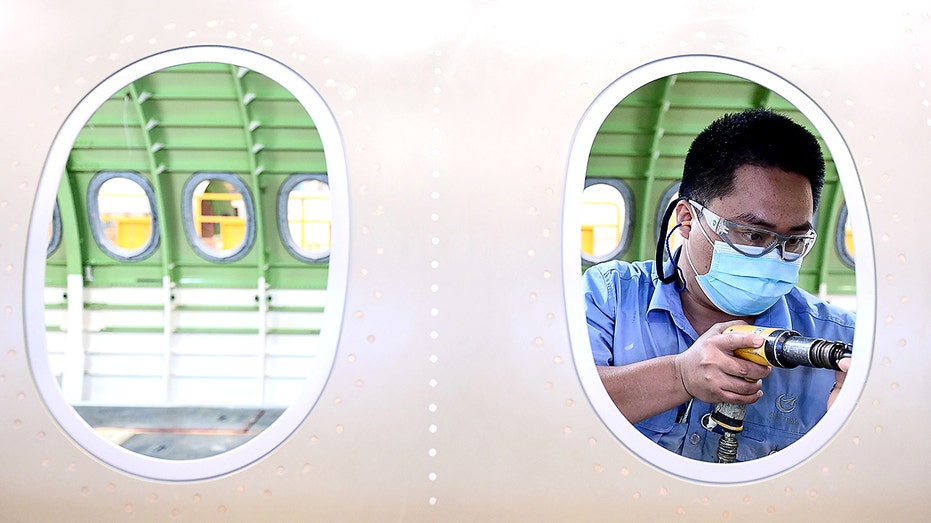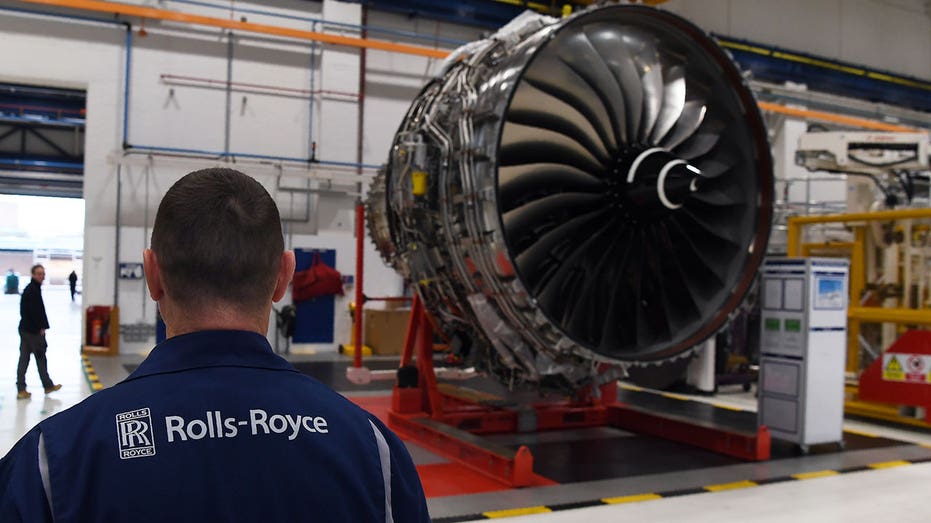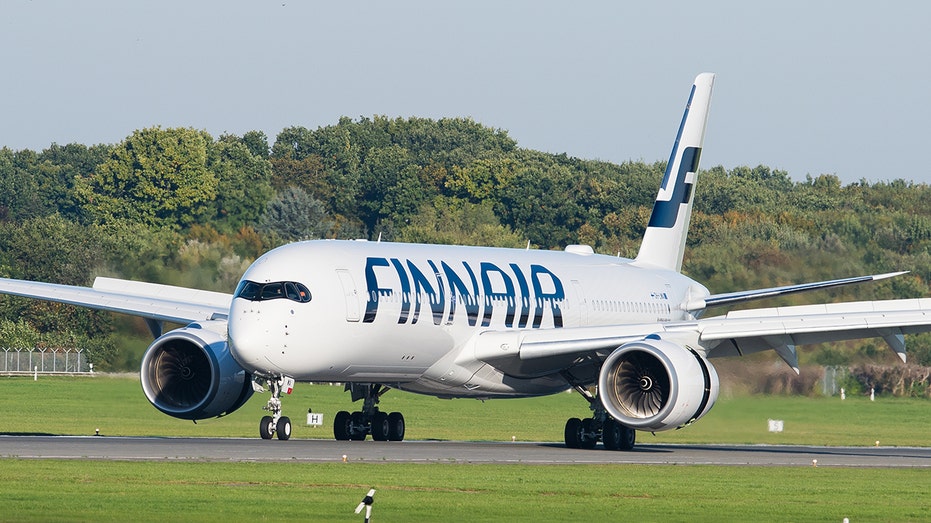Airbus’s delivery miss is scarier with recession looming
Orders for aircraft are booming, but plane makers are struggling to deliver them quickly
New aircraft with better features a 'gamechanger' for air travel: Barbara Peterson
AFAR Magazine special correspondent Barbara Peterson discusses how air travel is changing with new aircraft designs and how new features improve the passenger experience.
In a cyclical industry such as making planes, it helps to sell your products ahead of a downturn.
After European markets closed on Tuesday, Airbus said it considered its previous target of delivering around 700 commercial aircraft in 2022 to be "out of reach," though it believes the final figure won’t fall "materially short" of what was promised.
More planes than expected have been stuck in an almost-finished state because of delays affecting a raft of small components. All year, shortages of raw materials and labor have saddled aerospace suppliers, particularly engine makers. More recently, another round of factory shutdowns in China, as well as bad weather stalling flight tests in Europe, have added to the woes.

A Chinese employee works on the interior of an Airbus A220 aircraft at a factory in Shenyang in China's northeastern Liaoning province on May 25, 2020. (Photo by STR/AFP via Getty Images)
Shares in Airbus fell almost 3% Wednesday. Those of its American rival Boeing had closed the previous day down 3.6%.
BOEING'S LAST 747 TO ROLL OUT OF WASHINGTON STATE FACTORY
| Ticker | Security | Last | Change | Change % |
|---|---|---|---|---|
| EADSY | AIRBUS SE | 56.41 | +0.64 | +1.15% |
| BA | THE BOEING CO. | 243.03 | +6.08 | +2.57% |
Many sell-side analysts already thought Airbus Chief Executive Guillaume Faury should have toned down his delivery aspirations when he reported third-quarter earnings at the end of October, and their suspicions were progressively confirmed in recent weeks. Nevertheless, the median delivery forecast compiled by Visible Alpha was 698 before the announcement, suggesting some brokers hoped for a big end-of-year push. There are precedents: In 2019, Airbus engineered a late comeback by shipping a record 138 aircraft in December. The number needed this time was 135.

Rolls-Royce Trent XWB engines, designed specifically for the Airbus A350 family of aircraft, are seen on the assembly line at the Rolls-Royce factory in Derby, November 30, 2016. (Reuters/Paul Ellis) ((Reuters/Paul Ellis/Pool) / Reuters Photos)
Misses are rare in the aerospace industry. Markets are taking this one mostly as a sign that the broader industry’s supply-chain snags are here to stay, which is why Boeing’s stock has been affected as well. Airbus already cut its annual target from 720 back in July. On Tuesday, the company also guided expectations toward a slower increase in production of its bestselling A320 narrow-body jet. While it still wants to make 75 a month by the middle of the decade, it will hit a rate of 65 later in 2024 than previously planned.
AIRBUS WIDENS A350 CABIN IN MILE-HIGH REAL ESTATE WAR
Part of this is just the 2022 delay pushing back the timeline. But it may also indicate that supply-chain normalization, which Mr. Faury hoped would happen by the end of 2023, could take longer.

A Finnair Airbus A350 XWB comes to a stop after landing in Hamburg, Germany, 11 October 2015. (Photo by Daniel Bockwoldt/picture alliance via Getty Images) (Photo by Daniel Bockwoldt/picture alliance via Getty Images / Getty Images)
The news wasn’t all bad. Airbus didn’t change its financial guidance, suggesting its accountants were appropriately conservative in their planning. Also, its delivery problems are far smaller than Boeing’s, which is more affected by geopolitical tensions with China and needs to get rid of a massive backlog accumulated over years of technical problems.
Still, both companies are ultimately experiencing the same paradox: Orders are surging as the postpandemic travel market booms despite inflation and fears of a recession, but manufacturers are struggling to ship their products to airlines and lessors. Most economists expect a recession in the U.S. and Europe early next year, which historically hits not only orders but also deliveries. While many outright cancellations seem less likely this time around, there is always the risk that the downturn will be deeper than feared. Crucially, most cash is paid only when planes are delivered.
CLICK HERE TO GET THE FOX BUSINESS APP
Airbus and Boeing do benefit from yearslong order backlogs. Missing the right delivery window to cash in, however, could be more than a short-term headwind.




















